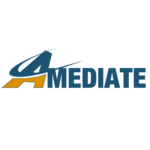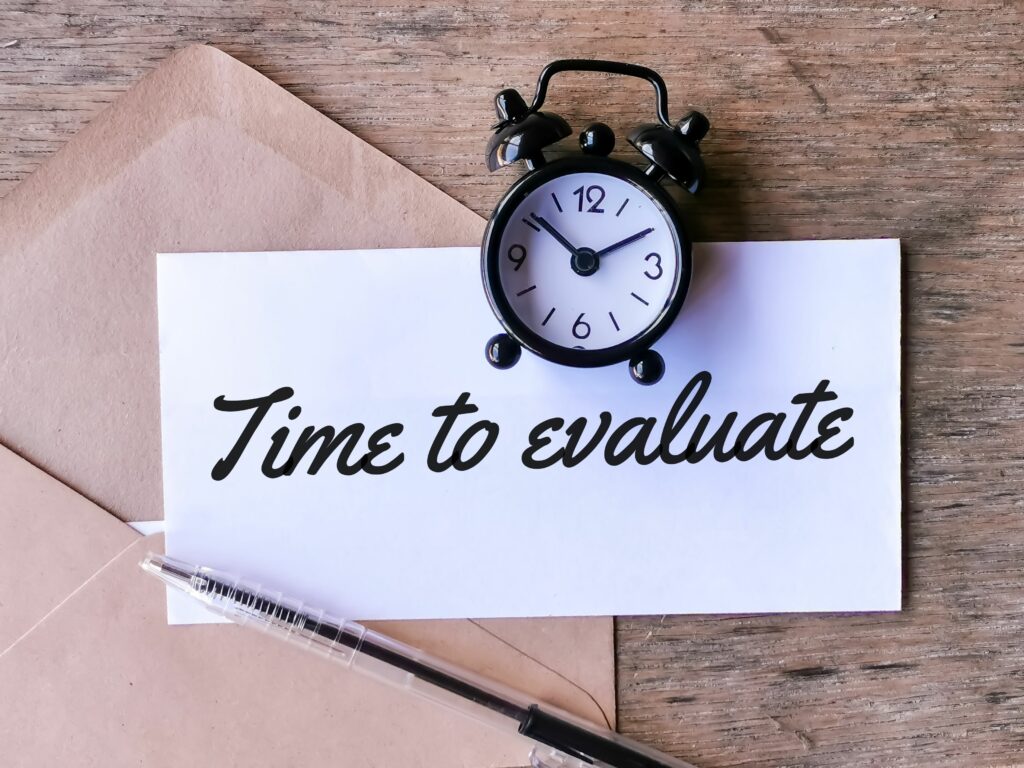Training may seem like the answer to all your problems, whether it’s poor communication, inefficient processes, or a lack of financial intelligence. But before you launch your team into a company-wide program, ask yourself, why do you need it? What do you want to change? Prior to a doctor prescribing medication—in this case, training or policy—they have to diagnose the pain. Assessments are your tool for identifying the root cause of your organization’s problems.
Using Organization Assessments to Gain Invaluable Insight
Creating a workplace culture that builds transparency and relationships with your employees will help you discover what they honestly think. But as a leader, your team may not feel comfortable divulging the full extent of their concerns or fears. With assessment tools, you can gather input from team members to gain insight into where you are and what information you will need to reach your goals. Having this initial data will also be valuable going forward as it will help you measure your progress and pivot your plan to have the most significant impact. The assessment process can be intimidating, but place your fears aside and approach the opportunity with a growth mindset. It is a chance to learn and further expand the organization.
Benefits of Completing an Initial Assessment
- Ensure all team members feel heard – the loudest voices in the room can sometimes overpower team members who don’t feel comfortable speaking up. Assessments even the playing field and add a layer of anonymity that encourages honesty.
- Get to the root cause – it’s common for team members to only share the highlights with leadership. They are less likely to reveal how they think or feel during a discussion or when confronted. When employees fear speaking their truth, they are more likely to provide inaccurate information, creating a false bottom with no resolution.
- Create consistency – establishing a starting point nurtures a shared experienced and standardizes the process across the organization.
Organizational Assessment Tools
There is a range of tools you can utilize for your assessment. But the instrument you select is determined by your team’s size, industry, and needs. Your options include
- Focus Groups – identify a diverse group of team members and pose questions to gain clarity and understand challenges. This approach allows team members to feed off one another and feel supported when addressing common pain points. Consider soliciting the help of a third party to facilitate the discussion and protect employee identity.
- Interviews – Like focus groups, interviews help you deep-dive into your most pressing issues. But in a more private setting as some team members may not feel secure discussing sensitive topics with other employees. From your top c-suite directors to entry-level executives, meeting one-on-one with team members helps you understand the problem and context.
- Electronic Surveys – large organizations or those with multiple location sites may benefit from surveys. It’s a quick and easy way to collect a substantial amount of information in a short period. Surveys also make it easier to quantitate and aggregate results in one place.
- Suggestions or Comment Box – place a physical bin in your workplace or a digital box on your website to collect feedback from team members. Remind employees that their input is anonymous and empower each to do their part and participate.
No matter which tool you choose, thoroughly research the method to ensure it’s user-friendly, accessible to all members, and implemented the same way throughout the process.
Build an engaging and inclusive work culture that starts with assessing the problem, but that’s only the first step. Read our recent articles for more solution-driven tips on managing workplace conflict and navigating difficult conversations.


